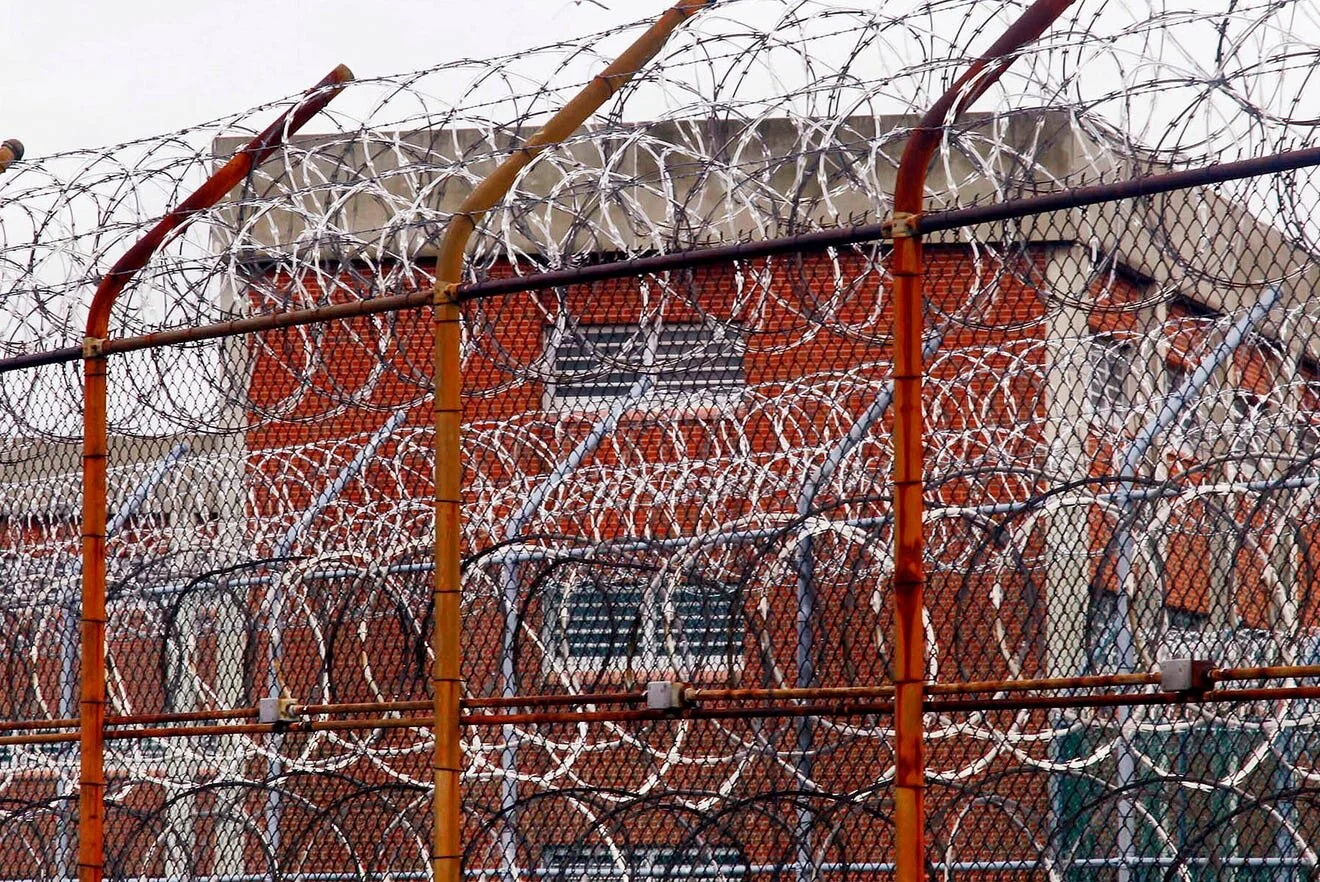Breaking Barriers Through Transformative Prison Visits
Read this piece written by our partners at the Louisiana Parole Project.
Frederick Douglass Project is Helping Incarcerated Individuals
Stand Together Foundation: The Frederick Douglass Project brings everyday people into maximum security prisons. Here’s why.
Changing Perceptions
The ABA Journal: Professor’s justice project aims to humanize those behind bars.
Prisoners May Hold the Key to Releasing Us from Coronavirus Lockdown
The New York Times: Research on the pandemic behind bars, ethically conducted, could help everyone.
In coronavirus crisis, lessons in humanity toward America's incarcerated
USA Today: In post tough-on-crime era, Americans no longer denying connections to inmates. Pandemic replaces distance with pleas for compassionate release, better treatment.
Kim Kardashian West: The Justice Project
This video shows the parts from "Kim Kardashian West: The Justice Project" that feature the Georgetown Prison Scholars Program. It includes an 18-minute segment that aired in the middle of the documentary, and then it cuts to a 2-minute segment that came near the very end.
Justice Served
Georgetown Magazine: The Prisons and Justice Initiative is changing the narrative about mass incarceration.
A Golf Magazine And Three Undergrads Freed An Innocent Man. How Many More Aren't So Lucky?
Buzzfeed News: The work of Golf Digest and a group of college students freed an innocent man after 27 years behind bars. How many more are waiting for their lucky break?
What Serena Williams’s defeat tells us about the criminal-justice system
The Washington Post: Responses to the U.S. Open women’s final between Serena Williams and Naomi Osaka quickly bifurcated into two angry camps: One claimed that Williams “broke the rules” and therefore deserved the consequences imposed by umpire Carlos Ramos that contributed to Osaka’s impressive victory; the other viewed the punishment as evidence of lingering sexism and racism in a sport that has a long history of both.
Unusually Cruel and Inefficiently Just: A Conversation about Punishment in the U.S.
New America: In this conversation with legal scholar and attorney Marc Howard and justice advocate and poet Reginald Dwayne Betts, moderator Marcia Chatelain will examine the ways that prisons fail to rehabilitate. Join New America's Fellows and Political Reform programs as part of a conversation that seeks to challenge assumptions about what prisons can and cannot do, as well as to investigate the ways people can remain incarcerated even if they are ostensibly set free.
The Inspiration behind "Unusually Cruel"
Oxford University Press: Marc Howard, author of, "Unusually Cruel: Prisons, Punishment and the Real American Exceptionalism" tells us about the inspiration behind the book. Between his experiences from working in a maximum security prison, to assisting with the exoneration of his friend Marty Tankleff, Marc shines a light on the horrors of the American prison system.
Why So Few Violent Offenders Are Let Out on Parole
The Atlantic: A Q&A with Georgetown University professor Marc Morjé Howard on parole boards’ incentive to keep inmates in jail
The Practical Case for Parole for Violent Offenders
The New York Times: The American criminal justice system is exceptional, in the worst way possible: It combines exceptionally coercive plea bargaining, exceptionally long sentences, exceptionally brutal prison conditions and exceptionally difficult obstacles to societal re-entry.
In this class, prisoners and Georgetown students grapple with difficult lessons
The Washington Post: In this class of 31, the students share a hunger for learning, a nimble sense of humor, a desire to fix the problems of the world. About half the classmates are convicted felons: murderers or would-be murderers, all black but one, and nearly all serving the equivalent of life sentences. The other half are mostly white women from Georgetown University, where their lives are just beginning.
















